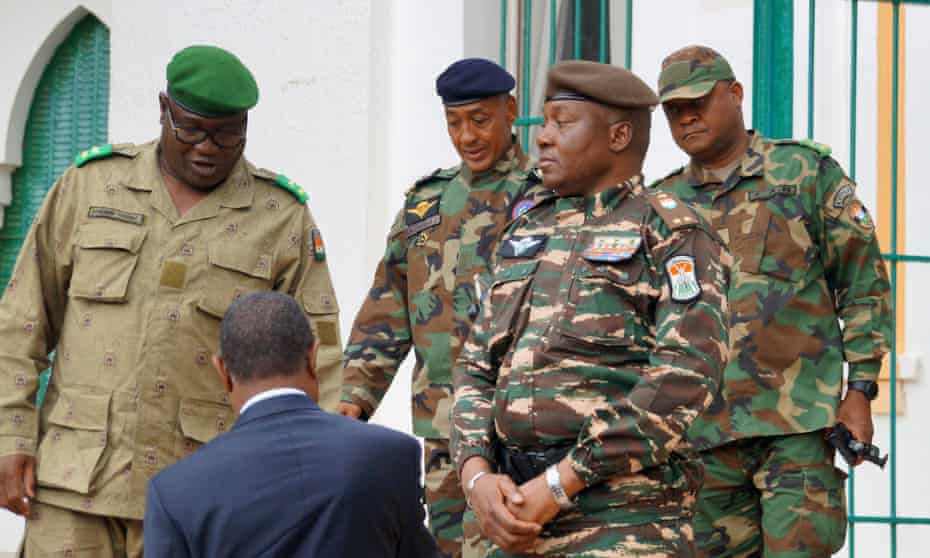Niger’s military leader, Abdourahamane Tchiani, took the oath of office on Wednesday, assuming the presidency for a transitional period of five years under a new charter that replaces the nation’s constitution.
Tchiani was also promoted to the highest military rank of army general and enacted a decree disbanding all political parties, solidifying his authority since June 2023, when he led a coup to overthrow the democratically elected government.
This action disregarded efforts by the regional organisation to expedite the restoration of democracy following the coup in 2023.
According to Mahamane Roufai, the government secretary general, the “flexible” five-year transition period commenced on Wednesday. He announced this at a ceremony in Niamey, the capital, where the newly recommended transition charter was approved following a recent national conference.
By the conclusion of this transition period in 2030, the new president will have been in power for nearly seven years, mirroring the extended tenures seen in other junta-led African nations, like Mali, Guinea, and Burkina Faso.
The transition charter also outlines a referendum as one of the prerequisites for establishing foreign military bases in Niger. However, it says that the president can authorise it through a decree in an emergency.

Niger currently maintains a military alliance with Russia, its new partner after expelling U.S. and French forces — both of which had been long-standing allies.
After the coup, Niger’s junta had initially suggested a three-year transition period, but this was rejected by ECOWAS, West Africa’s regional bloc, which deemed it provocative and threatened military intervention.
Since that time, Niger has exited the bloc along with Mali and Burkina Faso in response to the severe sanctions that were imposed to compel a return to democracy in Niger.
Critics argue that the junta in Niger has imposed restrictions on civil liberties and has struggled to curtail the terrorist violence that the military claims prompted their rise to power.


